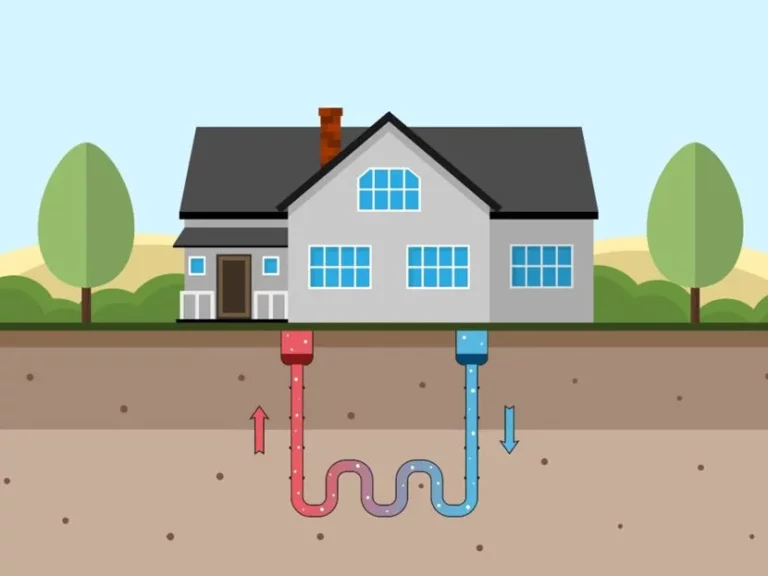Washing machines are essential appliances in our homes, but they can consume a significant amount of energy. By adopting some simple practices, you can save energy when using your washing machine and reduce your utility bills. Here are some effective tips to help you get started.
1. Wash Full Loads
One of the easiest ways to save energy is to ensure you always wash full loads. Washing smaller loads uses the same amount of energy and water as larger ones, so maximize your washing machine’s capacity. If you have smaller loads, consider using the machine’s half-load or quick-wash settings if available.
2. Use Cold Water
Most of the energy consumed by washing machines goes toward heating water. By switching to cold water settings, you can significantly reduce energy usage. Modern detergents are designed to work effectively in cold water, so you won’t sacrifice cleaning power.
3. Choose the Right Cycle
Different fabrics and soil levels require different wash cycles. Use the appropriate cycle to avoid wasting energy. For lightly soiled clothes, opt for shorter cycles. High-efficiency machines often have eco-settings that use less water and energy.
4. Optimize Spin Speed
Using a higher spin speed can help remove more water from your clothes, reducing drying time. The less moisture in your laundry, the less energy your dryer will use. However, make sure to adjust the spin speed according to the fabric type to avoid damage.
5. Maintain Your Machine
Regular maintenance can keep your washing machine running efficiently. Clean the lint filter and check the hoses for clogs. Also, ensure the machine is level to prevent it from working harder than necessary. A well-maintained machine uses less energy overall.
6. Use Energy-Efficient Models
If you’re in the market for a new washing machine, consider investing in an Energy Star-certified model. These machines are designed to use less water and energy without compromising performance. They may have advanced features that further enhance energy savings.
7. Wash During Off-Peak Hours
Electricity rates can vary throughout the day. Try to wash your clothes during off-peak hours when energy demand is lower, typically early in the morning or late at night. This can lead to lower energy costs and less strain on the power grid.
8. Dry Naturally When Possible
Whenever you can, skip the dryer and air-dry your clothes. This not only saves energy but also prolongs the life of your garments. If you must use a dryer, consider using dryer balls to help separate clothes and improve air circulation, reducing drying time.
Conclusion
By implementing these tips, you can save energy when using your washing machine and contribute to a more sustainable lifestyle. Not only will you lower your energy bills, but you’ll also reduce your environmental impact. Start making these changes today, and enjoy the benefits of energy-efficient laundry practices!





